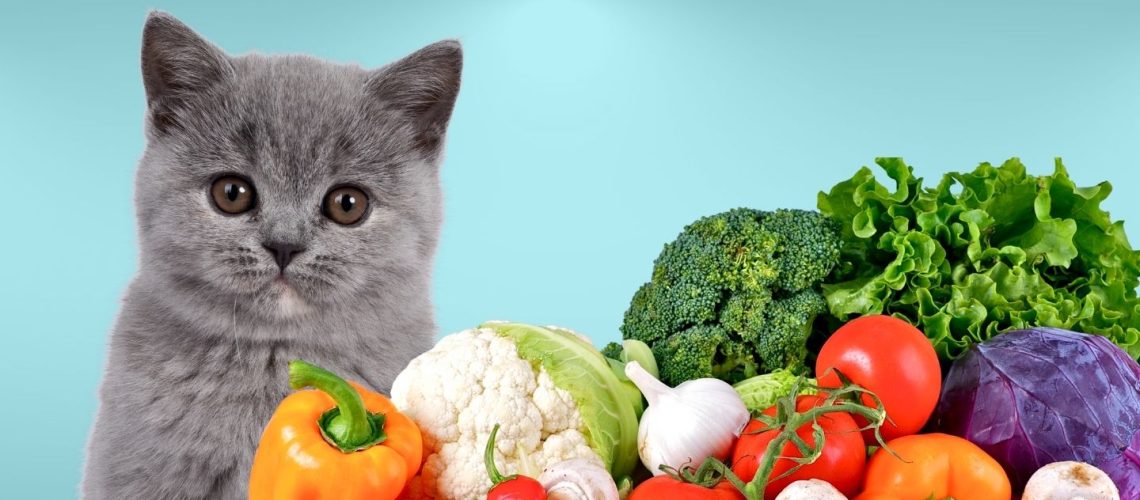The short answer is yes, cats can eat vegetables. However, it is important to note that vegetables should not make up a significant portion of a cat's diet. Cats are obligate carnivores, which means that they require a diet consisting primarily of animal protein in order to thrive.
Nutritional Needs of Cats
Cats have specific nutritional needs that must be met in order for them to maintain good health. Unlike humans and many other animals, cats cannot produce certain essential nutrients on their own, such as taurine and arachidonic acid. These nutrients must be obtained through their diet, and they are typically found in animal-based foods such as meat, fish, and eggs.
Benefits of Vegetables for Cats
Although vegetables should not be the primary source of nutrition for cats, they can still provide some benefits when included in small amounts. Vegetables are a good source of fiber, which can help support healthy digestion and prevent constipation. They can also provide important vitamins and minerals that may be lacking in a cat's diet.
Safe Vegetables for Cats
Not all vegetables are safe for cats to eat. Some common vegetables that are safe for cats to eat in moderation include cooked carrots, green beans, and zucchini. It is important to avoid feeding your cat raw vegetables, as they may be difficult for them to digest. Similarly, also avoid vegetables like onion and garlic which may be toxic for cats.
Serving Size
When feeding your cat vegetables, it is important to do so in moderation. As a general rule of thumb, vegetables should make up no more than 10% of a cat's diet. This means that if your cat is eating about 200 calories per day, only about 20 of those calories should come from vegetables. It is also important to consult with your veterinarian before making any changes to your cat's diet.
Potential Risks of Feeding Vegetables to Cats
While some vegetables can be a healthy addition to a cat's diet, there are potential risks associated with feeding your cat too many vegetables or the wrong types of vegetables.
Gastrointestinal Issues
Excessive amounts of vegetables may cause gastrointestinal issues such as diarrhea or vomiting, especially if a cat's digestive system is not used to processing them.
Nutritional Imbalances
Feeding your cat too many vegetables could lead to a nutritional imbalance, as cats require a diet rich in animal protein and essential nutrients found in meat-based foods.
Toxic Vegetables
Some vegetables, like onions, garlic, and avocado, are toxic to cats and can cause serious health problems if ingested.
Preparing Vegetables for Cats
When preparing vegetables for your cat, it is important to follow certain guidelines to ensure that they are safe and easy to digest.
Cooking
Cook vegetables before feeding them to your cat, as raw vegetables can be difficult for cats to digest.
Chopping
Cut vegetables into small, bite-sized pieces to make them easier for your cat to chew and swallow.
Avoiding Seasonings
Do not add salt, spices, or other seasonings to the vegetables, as these can be harmful to your cat.
Alternative Ways to Include Vegetables in a Cat's Diet
If you want to incorporate vegetables into your cat's diet without feeding them directly, there are alternative ways to do so.
Commercial Cat Foods
Many high-quality commercial cat foods contain small amounts of vegetables as supplemental ingredients.
Cat Treats
There are cat treats available that contain vegetables as ingredients, offering a healthy and tasty snack option for your feline friend.
Conclusion
While cats are obligate carnivores and require a diet primarily focused on animal protein, incorporating small amounts of safe, cooked vegetables can provide additional nutrients and health benefits. Always consult with your veterinarian before making changes to your cat's diet and remember to serve vegetables in moderation.


























